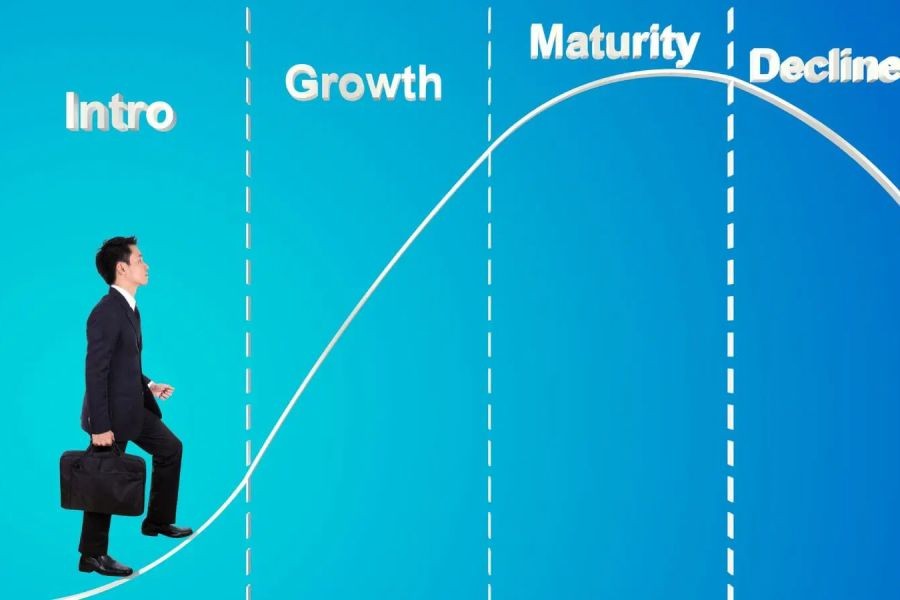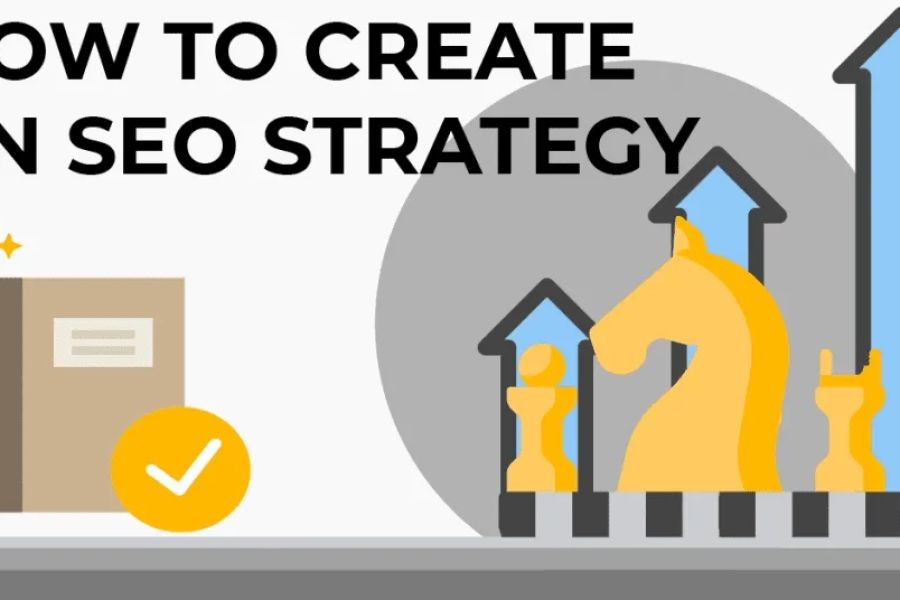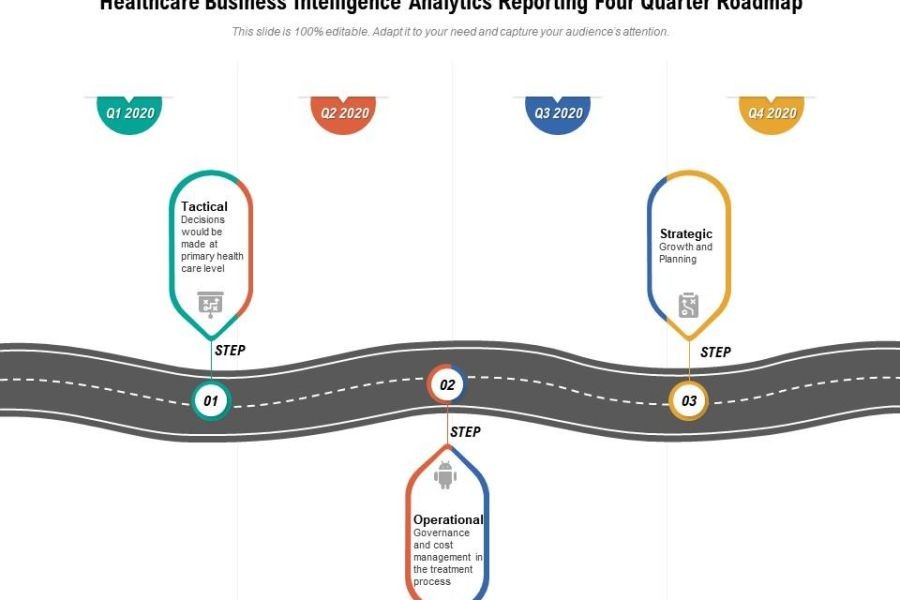New Zealand's small businesses are the backbone of its economy, representing 97% of all enterprises and employing over 600,000 Kiwis. Yet, the landscape is rapidly evolving. As we move towards a digital-first economy, small businesses must adapt to survive and thrive. This article delves into the future of small businesses in New Zealand, exploring emerging trends, potential challenges, and strategies for sustainable growth.
Emerging Trends Shaping New Zealand's Small Business Sector
Several key trends are set to redefine the small business landscape in New Zealand. These trends are driven by technological advancements, changing consumer behaviors, and shifting economic policies.
1. Digital Transformation and E-commerce
In 2023, digital sales accounted for over 10% of total retail sales in New Zealand, with a projected growth rate of 15% annually (Source: Stats NZ). Small businesses are increasingly leveraging e-commerce platforms to reach a broader audience. The integration of AI-driven analytics tools is helping these businesses tailor offerings and enhance customer experiences, boosting conversion rates.
2. Sustainable Business Practices
New Zealand is renowned for its commitment to sustainability. Small businesses are integrating eco-friendly practices not just to comply with regulations but also to meet the growing consumer demand for green products. The Ministry for the Environment has reported a 30% increase in small businesses adopting sustainable practices since 2020.
3. Focus on Local and Authentic Experiences
Amid global uncertainties, there is a rising trend towards supporting local businesses. New Zealanders prefer authentic, homegrown experiences, which has led to a resurgence in demand for locally made products. This trend offers small businesses a competitive edge, differentiating them from global brands.
Real-World Case Studies: Success Stories from New Zealand
Case Study: KiwiCo – Navigating the Digital Shift
Problem:
KiwiCo, a small Wellington-based crafts company, faced declining in-store sales during the COVID-19 pandemic.
- They struggled to maintain revenue due to reduced foot traffic and increased competition from online retailers.
- Industry data showed that 40% of small crafts businesses experienced similar challenges.
Action:
KiwiCo leveraged digital tools to pivot their business model.
- They launched an e-commerce website and utilized social media marketing to reach their target audience.
- The company invested in AI tools to personalize customer interactions and improve engagement.
Result:
- Within six months, KiwiCo saw a 50% increase in online sales.
- Customer retention improved by 30% due to personalized marketing efforts.
Takeaway:
KiwiCo's success underscores the importance of digital transformation for small businesses. Embracing e-commerce and leveraging AI tools can drive growth and enhance customer loyalty.
Challenges Ahead: Navigating the New Zealand Market
While opportunities abound, small businesses in New Zealand face several challenges.
1. Access to Capital
Despite government initiatives, access to funding remains a significant barrier for many small businesses. The Reserve Bank of New Zealand's 2023 report highlights that 60% of small businesses cite financial constraints as a major hurdle to growth.
2. Regulatory Compliance
Adhering to New Zealand's comprehensive regulatory framework can be daunting. Small businesses must stay abreast of changes to avoid compliance issues. The complexity of regulations related to environmental standards and labor laws is particularly challenging for new entrepreneurs.
3. Talent Acquisition and Retention
Competition for skilled talent is fierce. Small businesses often struggle to attract and retain employees due to limited resources compared to larger corporations. Investing in employee development and offering competitive benefits can help mitigate this challenge.
Future Predictions: The Next Five Years
The future of small businesses in New Zealand looks promising, but it requires strategic foresight and adaptability.
According to a Deloitte report, by 2028, 40% of New Zealand's small businesses will fully integrate AI technologies to optimize operations and customer interactions. This trend is expected to enhance efficiency and drive innovation across industries.
Furthermore, with the government's push for a carbon-neutral economy by 2050, small businesses that adopt sustainable practices early will have a competitive advantage. Those who capitalize on local and authentic experiences will tap into an increasingly conscious consumer base.
Debunking Myths: Common Misconceptions
Myth vs. Reality
Myth: "E-commerce is only beneficial for large businesses."
Reality: Small businesses that adopt e-commerce platforms report a 20% increase in sales within the first year (Source: MBIE).
Myth: "Sustainability is too costly for small businesses."
Reality: Sustainable practices often reduce long-term costs and enhance brand loyalty, as evidenced by a 2023 study from the University of Auckland.
Conclusion: Final Takeaways & Call to Action
- Embrace digital transformation to stay competitive in a rapidly evolving market.
- Integrate sustainable practices to meet consumer demand and regulatory requirements.
- Focus on local and authentic experiences to differentiate from global brands.
As New Zealand's small businesses navigate this dynamic landscape, proactive adaptation and strategic planning will be key to success. Are you ready to lead your business into the future? Share your thoughts and experiences below!
People Also Ask
How does digital transformation impact small businesses in New Zealand?
Digital transformation enables NZ small businesses to expand market reach and improve customer engagement, resulting in a 20% increase in sales within the first year of e-commerce adoption (Source: MBIE).
What are the biggest misconceptions about small business growth?
One common myth is that growth is unattainable without significant investment. However, leveraging digital tools and sustainable practices drives growth at minimal cost (Source: University of Auckland).
Related Search Queries
- Small business trends in New Zealand
- Digital transformation for Kiwi SMEs
- Sustainable business practices in NZ
- E-commerce growth in New Zealand
- Challenges facing NZ small businesses
- Access to capital for small businesses in NZ
- Regulatory compliance for Kiwi businesses
- Talent acquisition strategies in New Zealand
- Future predictions for NZ small businesses
- Myths about small business growth

































eleanorewiese
3 months ago